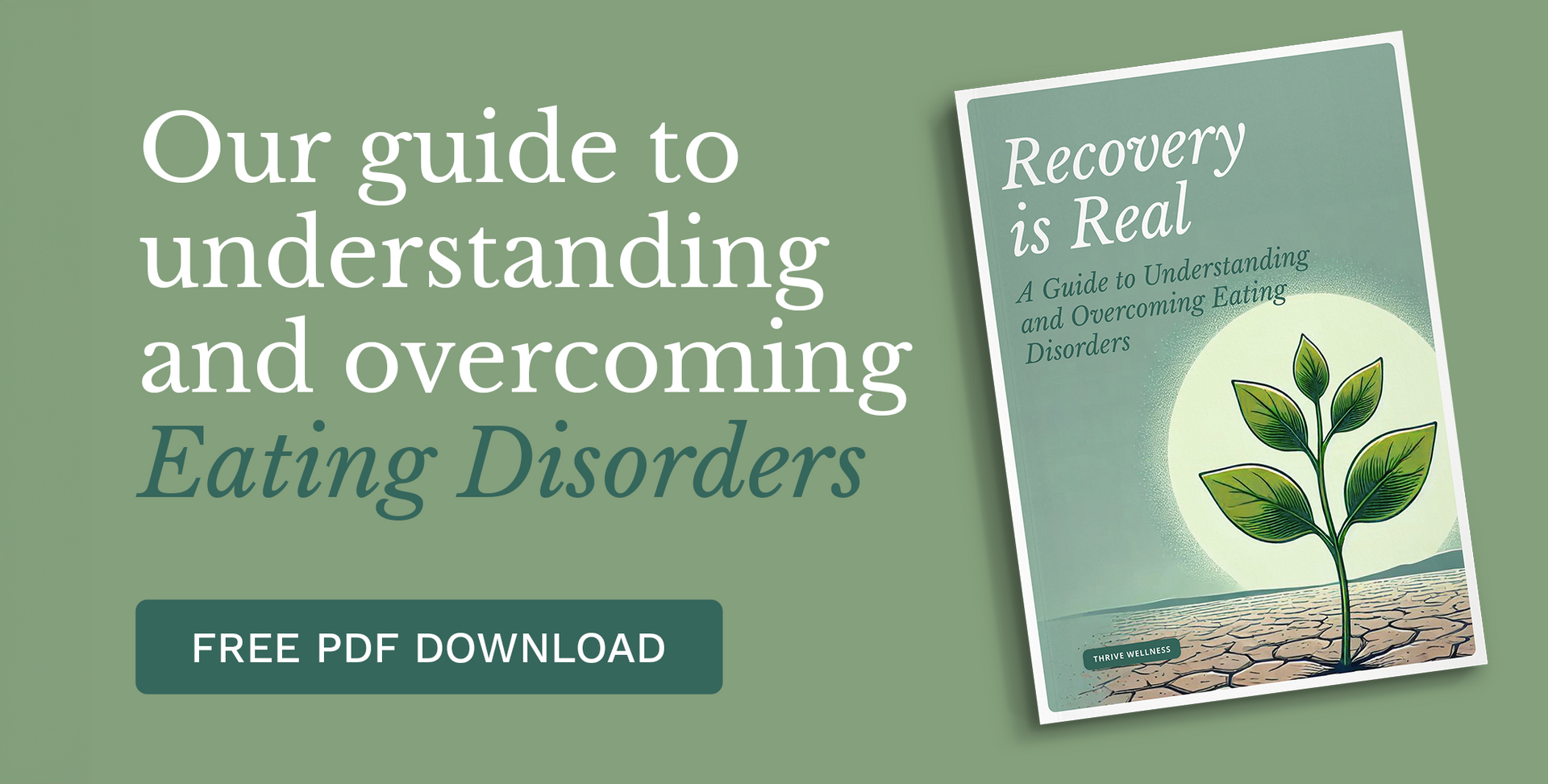Don’t Miss the Warnings: 8 Surprising Signs of an Eating Disorder

Eating disorders (i.e. bulimia, anorexia, and binge eating disorder) are known for being inconspicuous mental health disorders, meaning they can hide in plain sight until treatment is well overdue. Due to harmful stereotypes, many may assume that only thin, white women experience eating disorders. However, eating disorders do not discriminate, and those of any gender, age, race, or background can experience an eating disorder. The warning signs for an eating disorder are often subtle and can go unnoticed, normalized by diet culture and societal norms. Recognizing lesser known signs of an eating disorder can be the first step towards treatment and recovery. Below are 8 surprising signs of an eating disorder that can help you better understand and identify this serious condition:
1.Frequent Diets
Do you have a friend or family member that is constantly updating you on their newest diet? Whether it’s Keto, veganism, or suddenly going gluten free, frequent dietary changes and strict conditions established by specific diets can be a warning sign that someone is experiencing an eating disorder.
2. Changes in Eating Habits
When someone makes changes to the way they eat, this can be an indication of an eating disorder. This may look like declining eating out at restaurants, only eating in certain rooms like the bedroom or living room, or eating in a certain order (i.e. protein, vegetables, and then carbs). Establishing strict rules around how one eats or “food rituals” is reason to have concerns.
3. Social Withdrawal
If a loved one begins displaying signs of social withdrawal and frequent isolation, an eating disorder could be to blame. There are a few reasons we see social withdrawal in those experiencing eating disorders: Eating disorders affect one’s perception of their own body, and skipping out on social outings can prevent potential judgment. People may avoid social settings altogether to keep from eating foods they do not consider “safe.” Additionally, eating disorders impact energy levels and mood, leading to a disinterest in social interactions.
4. Wearing Baggy Clothes
Because eating disorders impact an individual's relationship with their body, it is not uncommon for those experiencing an eating disorder to want to conceal their body under baggy or ill-fitting clothing. They may disguise weight loss or gain to hide their eating disorder, or combat negative body image through clothes that do not reveal body size or shape.
5. Cooking and Baking Foods Without Eating Them
If someone is often cooking and baking, they must have a good relationship with food then, right? It’s actually a common symptom of eating disorders to prepare food without eating it. Some people who experience eating disorders may cook elaborate meals or bake fancy treats without ever having a bite themselves.
6. Excessive Interest in What Other People Eat
Someone struggling with an eating disorder may show an above average level of interest in what is (or is not) on other people’s plates. Individuals experiencing an eating disorder can become preoccupied with thoughts around food, leading to a heightened interest in what other people are eating. The competitive nature of eating disorders may also lead to someone feeling like they need to eat less or more than their peers.
7. Insomnia
Hunger can impact our ability to sleep, and it‘s common for those with eating disorders to experience insomnia or restlessness when it’s time to lay down for bed. Eating disorders can also negatively impact melatonin production, damaging the circadian rhythm.
8. Personality Changes
Eating disorders can affect someone’s mood and emotional regulation. Imagine if someone was “hangry” 24/7. This is what having an eating disorder can be like, heightening mood swings and emotional reactions. If a loved one becomes more moody or reactionary than normal, an eating disorder may be responsible.
Just because someone is experiencing any of the above symptoms does not mean they have an eating disorder, but it is important to be cognizant of any red flags. Eating disorders often manifest in unexpected ways, extending beyond the typical symptoms associated with the condition. By acknowledging lesser-known signs, we can break down barriers to diagnose and treat this serious illness, leading to earlier intervention and better treatment outcomes overall. You can learn more about eating disorders, symptoms, and treatment through our free
eating disorder guide “Recovery is Real”. If you or a loved one is experiencing an eating disorder, don’t hesitate to reach out for
help today, Thrive Wellness is here for you.









